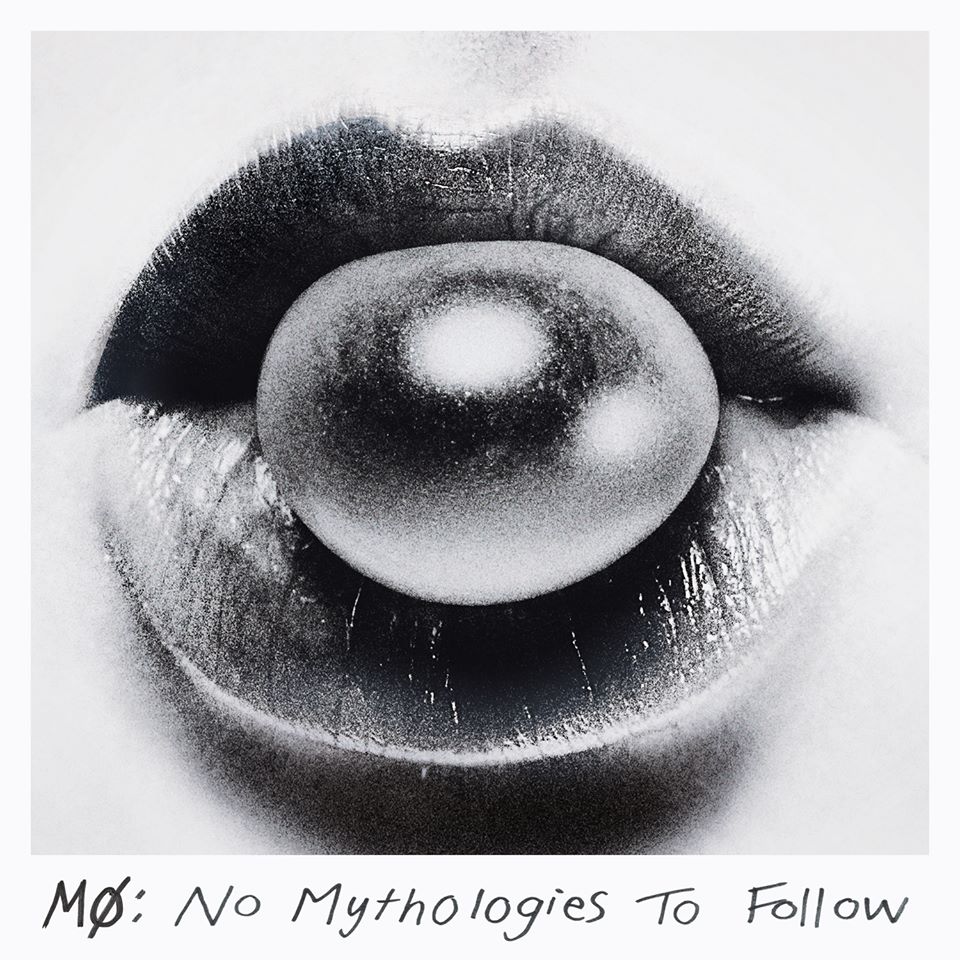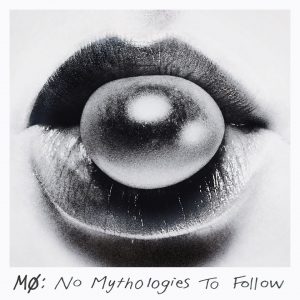Print Edition: June 4, 2014
The Black Keys
Turn Blue
The Black Keys’ most recent album is a bit of a departure from the grittier blues prominent in their previous record, El Camino. Turn Blue has more funk and soul influences than straight blues, which results in a more upbeat, less heavy body of work. There are still blues influences here, but in my opinion there could be more. Aside from that, Turn Blue proves to be a record full of groove, both within fast-paced tracks (think The Sonics’ “Have Love, Will Travel”) and the slower, more straightforward blues tracks. The slower parts of “Weight of Love,” the record’s opening track reminded me of a David Gilmour-era Pink Floyd jam, which is good. Slow, screeching guitar solos abound. It’s like having molasses poured in your ear, but this molasses tastes melancholy instead of sweet. Overall, Turn Blue is a departure into more moody territory, and while The Black Keys certainly know what they’re doing here, I’m not completely sold on it. The record’s missing feeling. Turn Blue has sacrificed that dirty gritty energy which was so prominent in El Camino in favour of more controlled, precise tracks. I don’t know if it’s worse, but it’s certainly not any better.
Mø
No Mythologies to Follow
Mø’s debut album immediately grabs the listener’s attention with its production: every track is filled to the brim with sound. Production-wise, there’s always something happening in the background, yet Mø’s voice is such that she demands the listener’s attention. Mythologies is unlike most pop records in that it treats the production as more than just a backing track for Mø’s truly talented vocals; both the vocals and the production on this record are presented as the focal point, vying for the listener’s attention. This works favourably: there is no “background” in the record — the listener experiences every sound at the same time, pulled into an almost-but-not-quite-overwhelming maelstrom of sound that, in the end, proves extremely entertaining. “Red in the Grey” gives the listener an unusually full plate of auditory morsels as it changes pace and mood throughout, and as always, Mø herself remains the centrepiece. “Pilgrim,” like its predecessor, underlines Mø’s ability to infect the listener with her own brand of energy. “Fire Rides,” the very first track, epitomizes the record: a storm of sound, and at its center, a sultry voice, soulful and powerful enough to bring passers-by and motorists together in awe-struck admiration.
Julie Crochetiere
Counting Dreams
After listening to Counting Dreams repetitively for the past week, I am trying to wrap my head around the fact it took me four studio albums to gain knowledge on Toronto-based Julie Crochetiere. From the moment I pressed play, I was captivated. Rather than manufactured, autotuned, and frankly, music that sounds identical to previous releases, Counting Dreams provides a raw, simplistic sound reminiscent of the ‘60s. Crochetiere’s vocals are strong and convey emotion in each song. The instrumentals throughout the album consist of a small rhythm section, strings, and a harp courtesy of the Quartuor Orphee. It is simplistic. The songs are similar and there isn’t as much variety; however, the mix of vocals, instrumentals, and lyrics make the album easy and enjoyable to listen to. From the first track, “Who’s Gonna Love Me (Like You Did)” to the last, “For All We Know,” Crochetiere is able to captivate the listener. If you enjoy jazz music or just want something to listen to while relaxing from assignments or work, definitely check out Counting Dreams.





